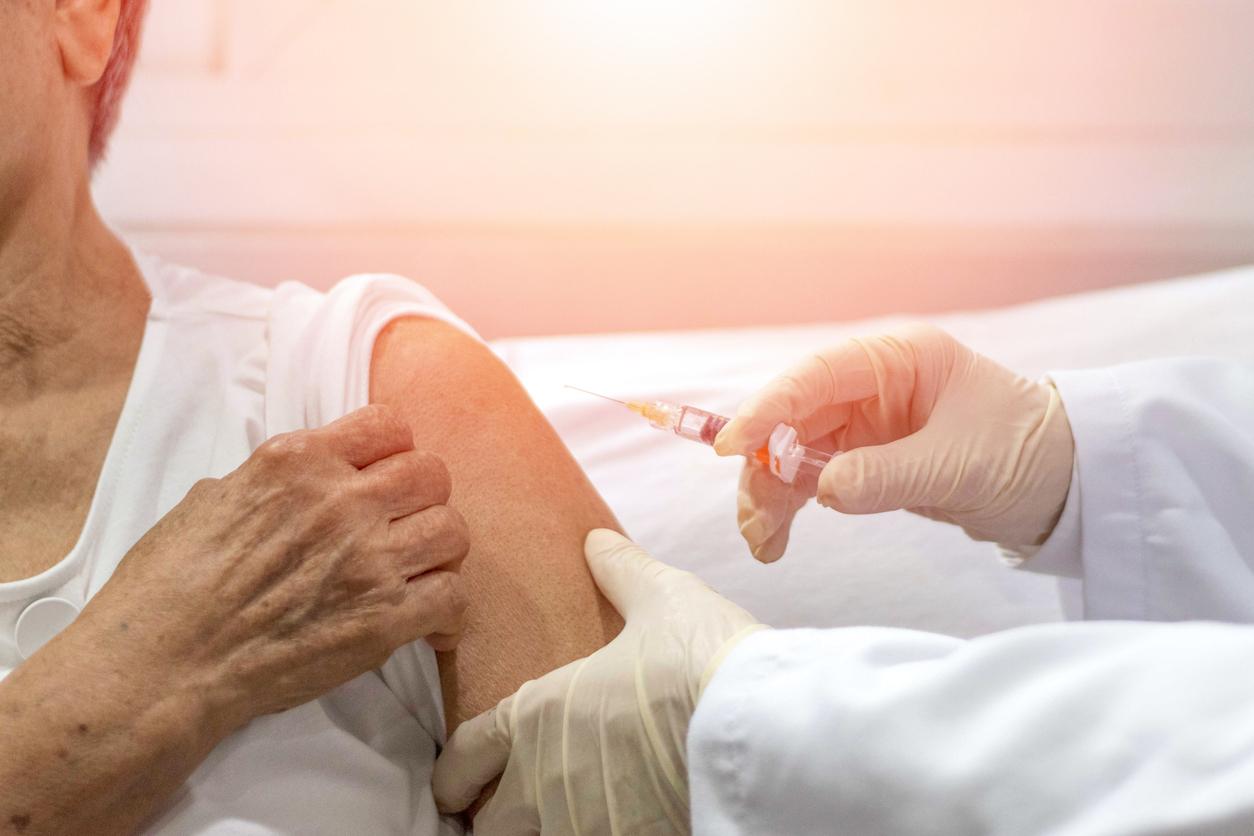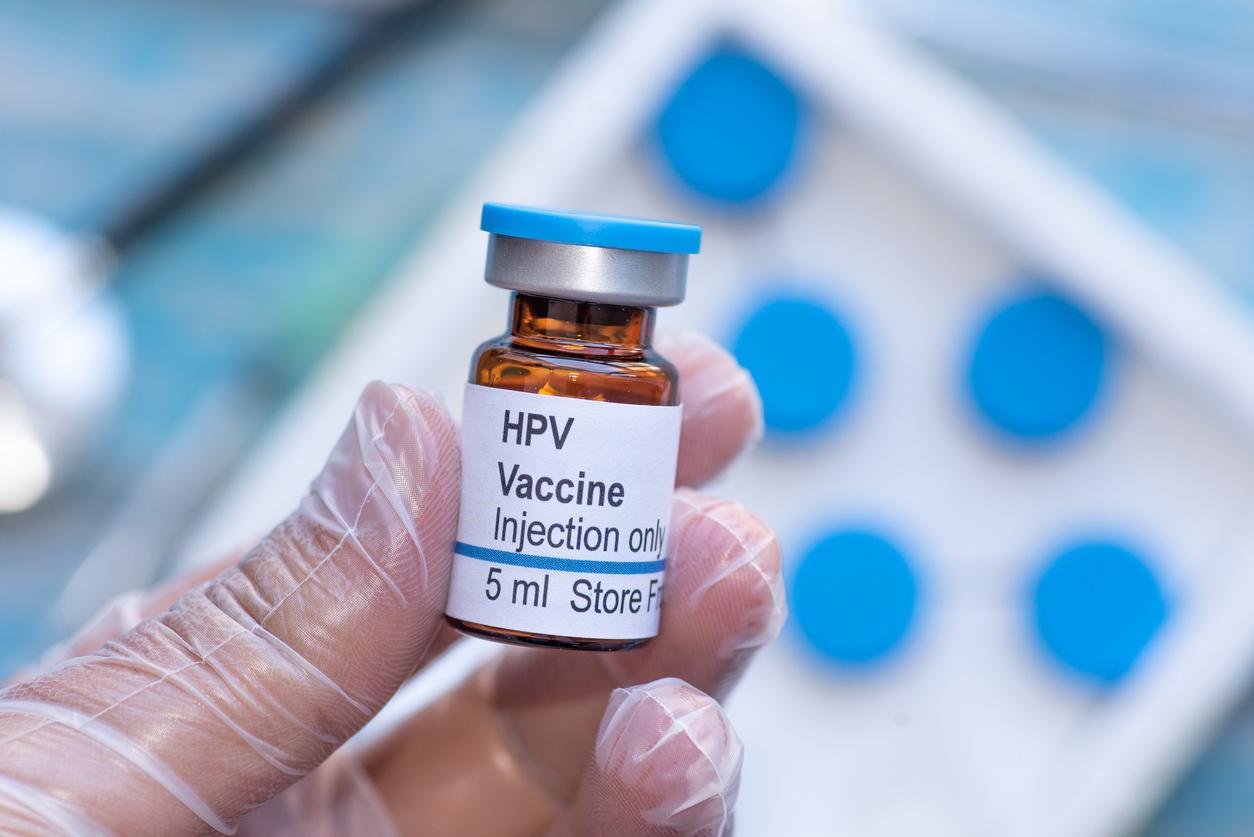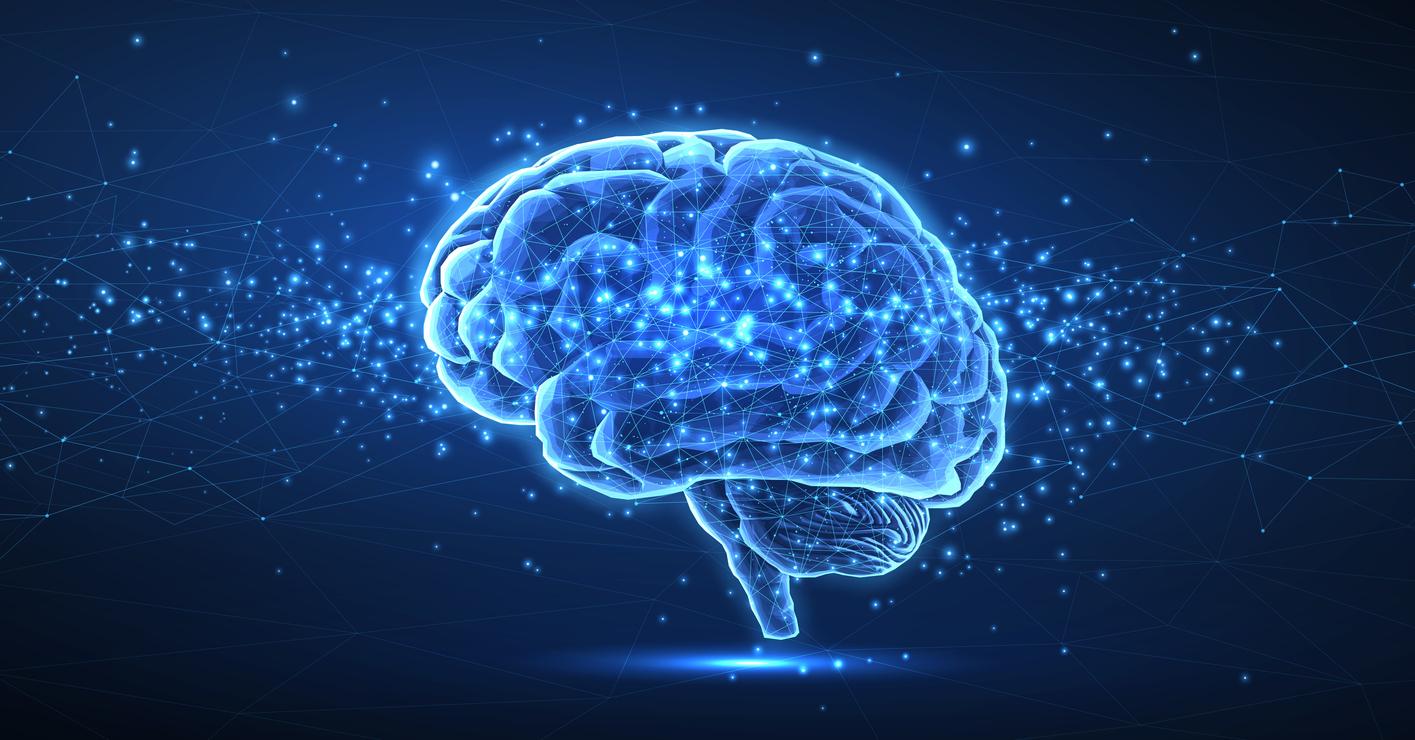The new “recombinant” form of shingles vaccine, called Shingrix, is associated with a lower risk of dementia within six years of vaccination.

- One study showed at least a 17% reduction in dementia diagnoses over the six years following shingles vaccination with the Shingrix formula.
- This translates to an additional 164 days lived without a dementia diagnosis for those subsequently affected.
- The beneficial effects were observed in both men and women, but more markedly in the latter.
“New data suggest that the vaccine for shingles, caused by the herpes zoster virus, may protect against dementia. However, the existing data are limited and only concern the vaccine that has been withdrawn from the market in the United States and many other countries and replaced with a much more effective vaccine called Shingrix. It is still unclear whether this new form of recombinant shingles vaccine protects against dementia,” said researchers from the University of Oxford (England).
Dementia: Shingrix vaccine linked to 17% increase in time without diagnosis
That’s why they decided to conduct a study, the results of which were published in the journal Nature Medicine. For the purposes of the work, the team used a database of medical records. In the United States, a transition from the Zostavax vaccine to the Shingrix vaccine took place in October 2017. This allowed the scientists to compare the risk of dementia in the six years after receiving Shingrix compared to people who received Zostavax. More than 100,000 adults were included in each group. The group that received the Shingrix vaccine was also compared to patients who received vaccines against other infections (influenza and tetanus, diphtheria and whooping cough).
According to the results, the Shingrix vaccine was associated with a 17% lower risk of dementia than the Zostavax vaccine and a 23% to 27% lower risk than the other vaccines. This equates to 5 to 9 months more dementia-free life for people who received the Shingrix vaccine compared with the other vaccines. The authors noted that the beneficial effects were present in both sexes, but were greater in women than in men.
Vaccine: ‘Chemicals may have distinct beneficial effects on brain health’
“A key question is how the vaccine produces its apparent beneficial effects in protecting against dementia. One possibility is that infection with the herpes zoster virus might increase the risk of dementia and that, therefore, by inhibiting the virus, the vaccine might reduce that risk. Furthermore, the vaccine also contains chemicals that might have distinct beneficial effects on brain health,” said John Toddco-author of the study.
Despite this encouraging evidence, researchers say more research is needed before suggesting that the shingles vaccine should be used to prevent or delay the onset of dementia.


















